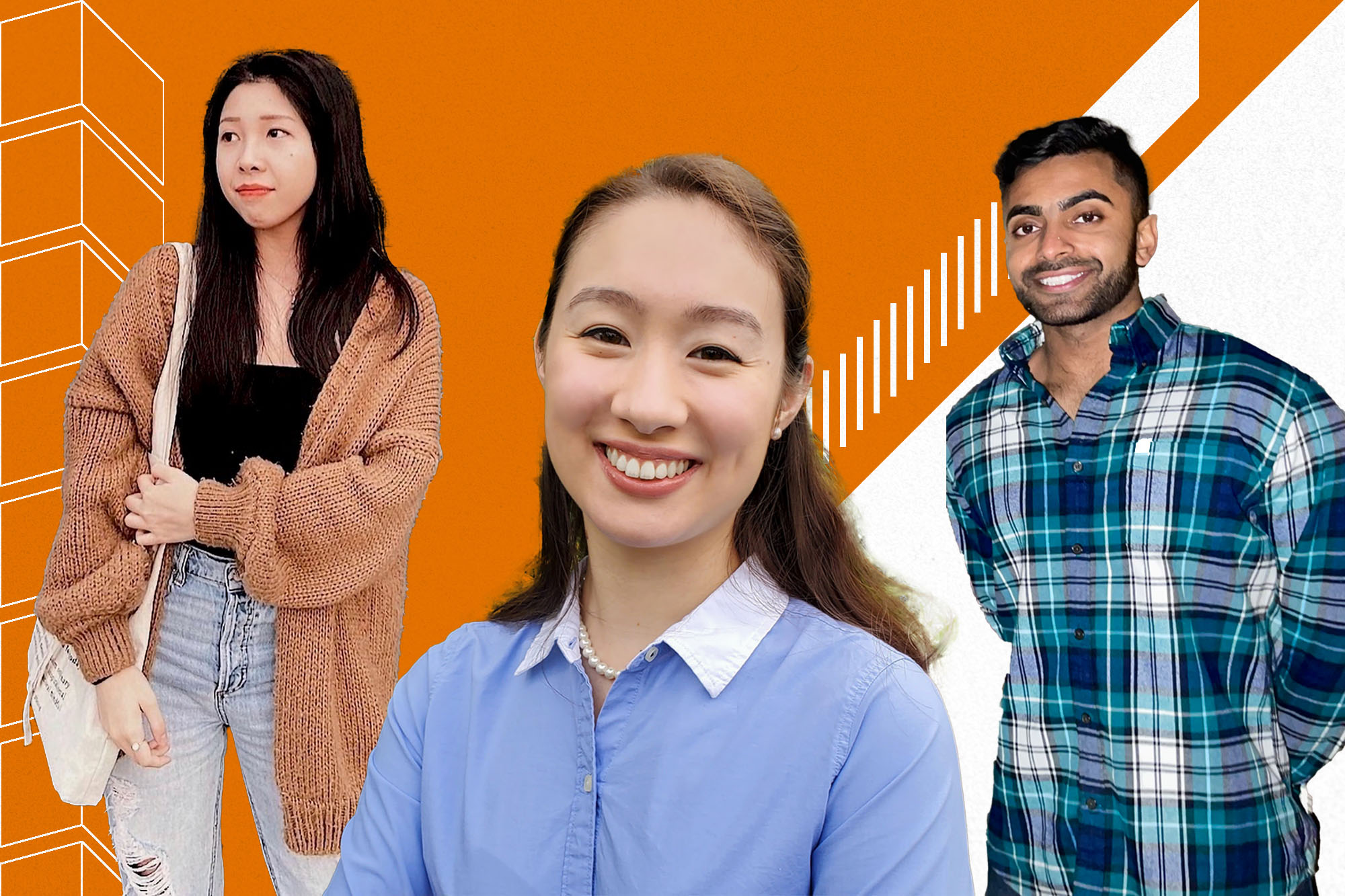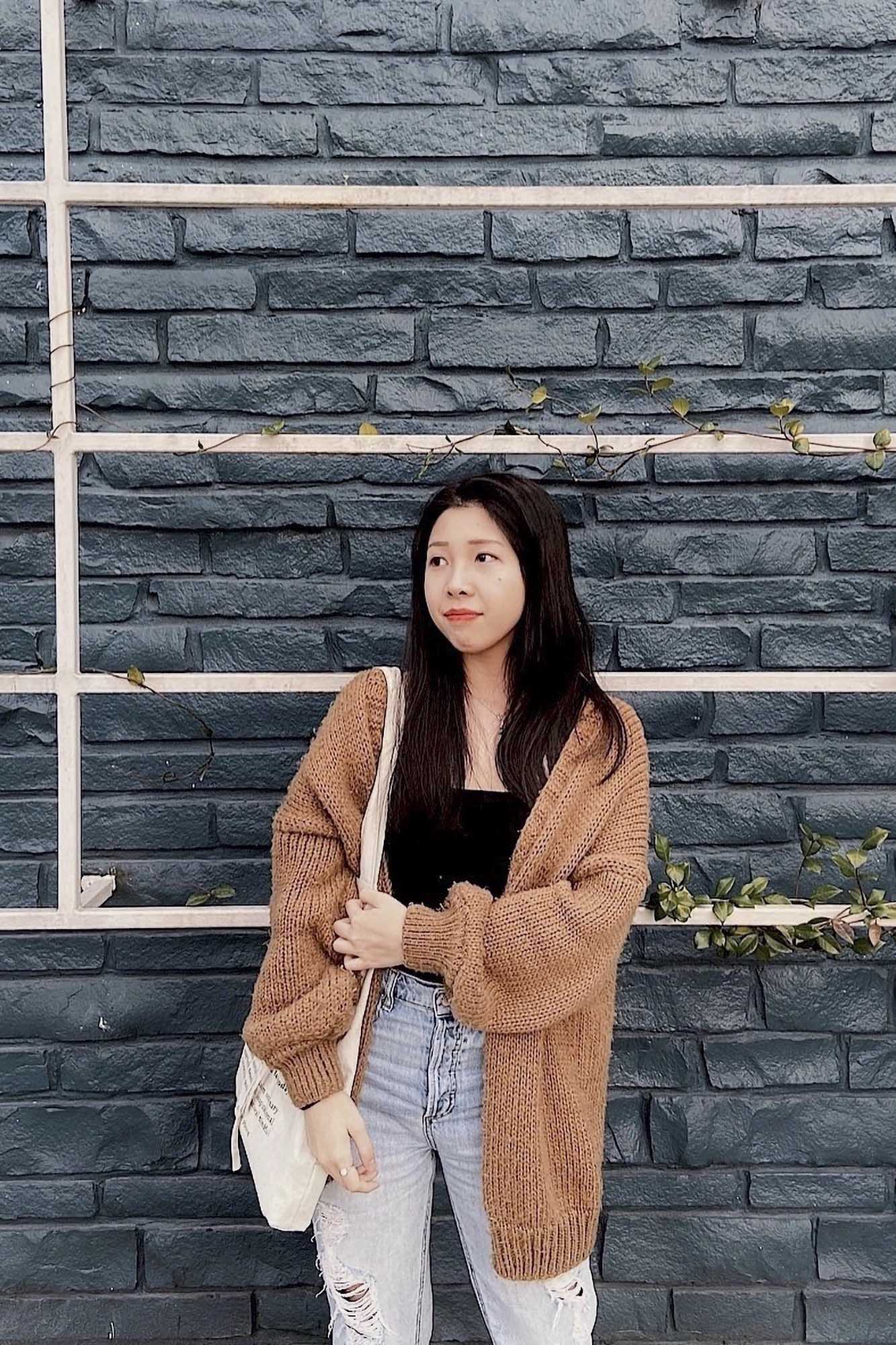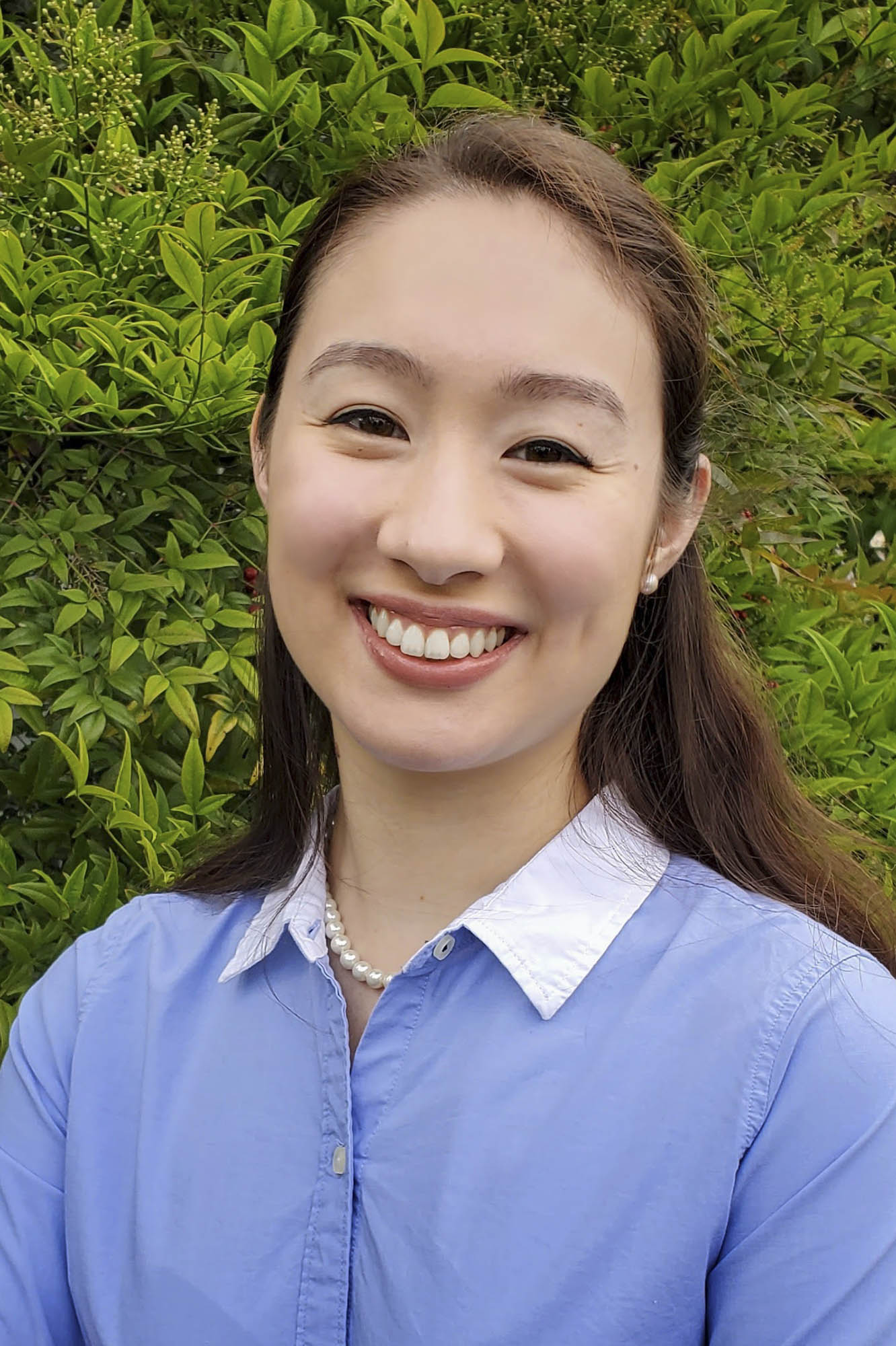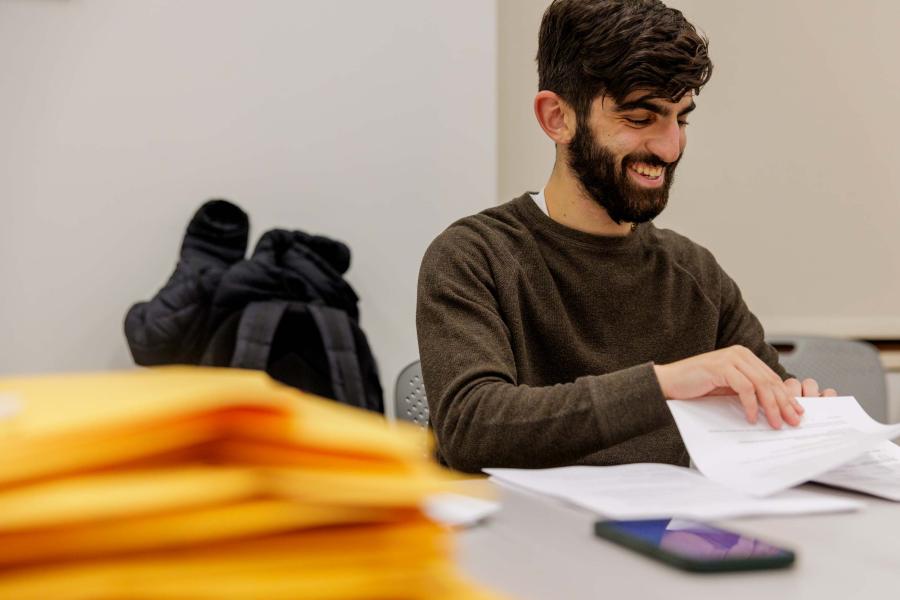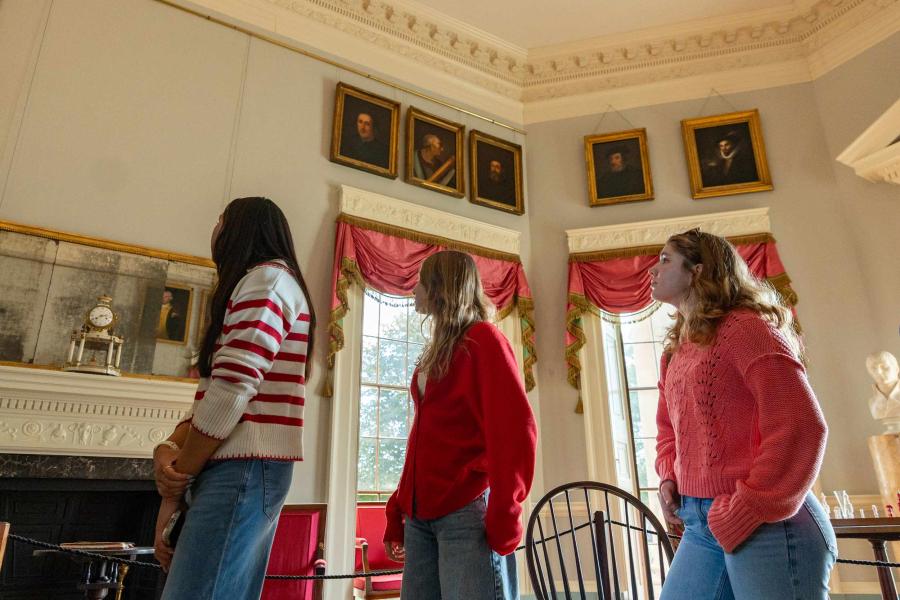Research is a cornerstone to discovery and education. At the University of Virginia, more than half of graduating students typically complete a significant research, design or creative project as part of their undergraduate program of study.
The Harrison Undergraduate Research Awards program is a key element of this, offering students a wide variety of opportunities to pursue their research. Students can receive up to $4,000 apiece to pursue their research interests; faculty mentors oversee the projects and receive up to $1,000.
The Harrison Undergraduate Research Awards, created through a gift from the late David A. Harrison III and his family, have been presented every year since 2001, introducing students to the intellectual joy of creating knowledge, and launching them toward an array of careers.
Below, three of last year’s grant recipients discuss what they have researched.
Survivor’s Mental Health
Can digital mental health applications help women survive cancer? Ravi Suresh is exploring that question.
Suresh, of West Lafayette, Indiana, a fourth-year global public health major and a Harrison Undergraduate Research Award recipient, analyzed how female cancer survivors used a mental health mobile application, examining when and where they use the app as well as the different exercises done within it, to better tailor mental health apps to meet the needs of cancer survivors.
“By exploring where and when users navigate specific modules within the application, we can elucidate future visions of the app that may provide treatment recommendations based on the time of day,” Suresh said.
The application, iCanThrive, is user-initiated, meaning users launch and activate the app when and where they desire.
“The core functionality of the app is composed of eight exercise modules,” Suresh said. “Each module focuses on a specific aspect of mental health and wellbeing drawn from basic tenets of cognitive behavioral therapy, such as reducing worry and problem-solving, acceptance-based therapies such as mindfulness and emotional awareness, and positive psychology that fosters gratitude and savoring positive experiences. Selecting a module initiates an interactive exercise that guides the user through each step.”
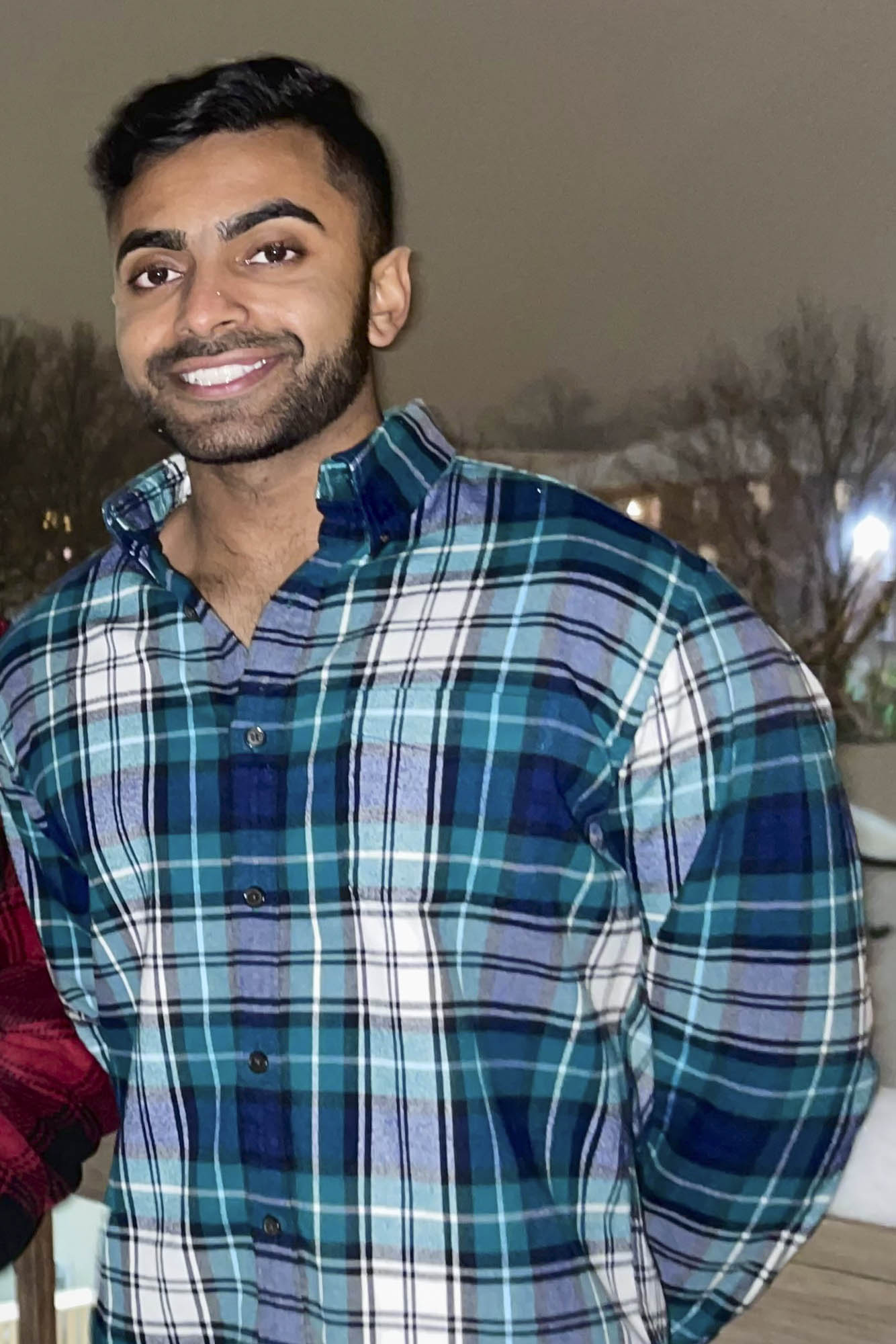
Ravi Suresh analyzed how female cancer survivors use a mental health mobile application. (Contributed photo)
The application was developed by researchers at UVA’s Center for Behavioral Health and Technology, which develops and examines the use of digital technologies to deliver behavioral health interventions. Philip Chow, an assistant professor in the Department of Psychiatry and Neurobehavioral Sciences and Suresh’s research adviser, was one of the researchers on the primary development team.
“Ravi’s project seeks to understand where, when and how women cancer survivors use the ICanThrive app-based mental health intervention, which was developed at UVA,” Chow said. “The ultimate goal of this work is to inform a more targeted intervention – for example, based on where a user is located.”
Chow provided the application, currently available for download on the Google Play store, to 28 female cancer survivors, who engaged with its core functions during a six-week pilot study.
“I have found a large body of literature demonstrating that among survivors of cancer that almost exclusively affect women, such as breast, endometrial and gynecologic cancers, there are large, unmet psychosocial care needs,” Suresh said. “During primary cancer treatment, the emotional needs of these patients are often ignored – generally, this pattern continues into survivorship. For example, among individuals with breast cancer, those who report a clinical level of depression document two and a half times as many unmet psychosocial needs compared to those without significant depression.”
The app stores the user’s geo-location data whenever it is opened.
“From the user data, we explored the types of in-app exercises completed to see which modules were most frequently accessed and then sorted these exercises into a time category – morning, afternoon, evening – to determine the variation in time of day for accessing exercises,” Suresh said.
The exercises suggested by the app targeted breathing relaxation, challenged negative thinking patterns and focused on developing and expanding modules that were frequently used and which can be beneficial for cancer survivors.
“Overall, our findings supported the accessibility of mental health applications for cancer survivors,” Suresh said. “From our temporal analysis, the morning, between 9 a.m. and noon, garnered the most user engagement. Developing push notifications that remind survivors to use specific modules at particular times of the day can increase user engagement.”
Suresh said another potential implication of the results is delivering interventions based on a user’s geographic location.
“From our data, it was clear that for each user, app openings occurred in one or multiple specific locations,” Suresh said. “Based on the frequency of the various coordinates mapped, future work could focus on delivering treatment based on where a person is.”
